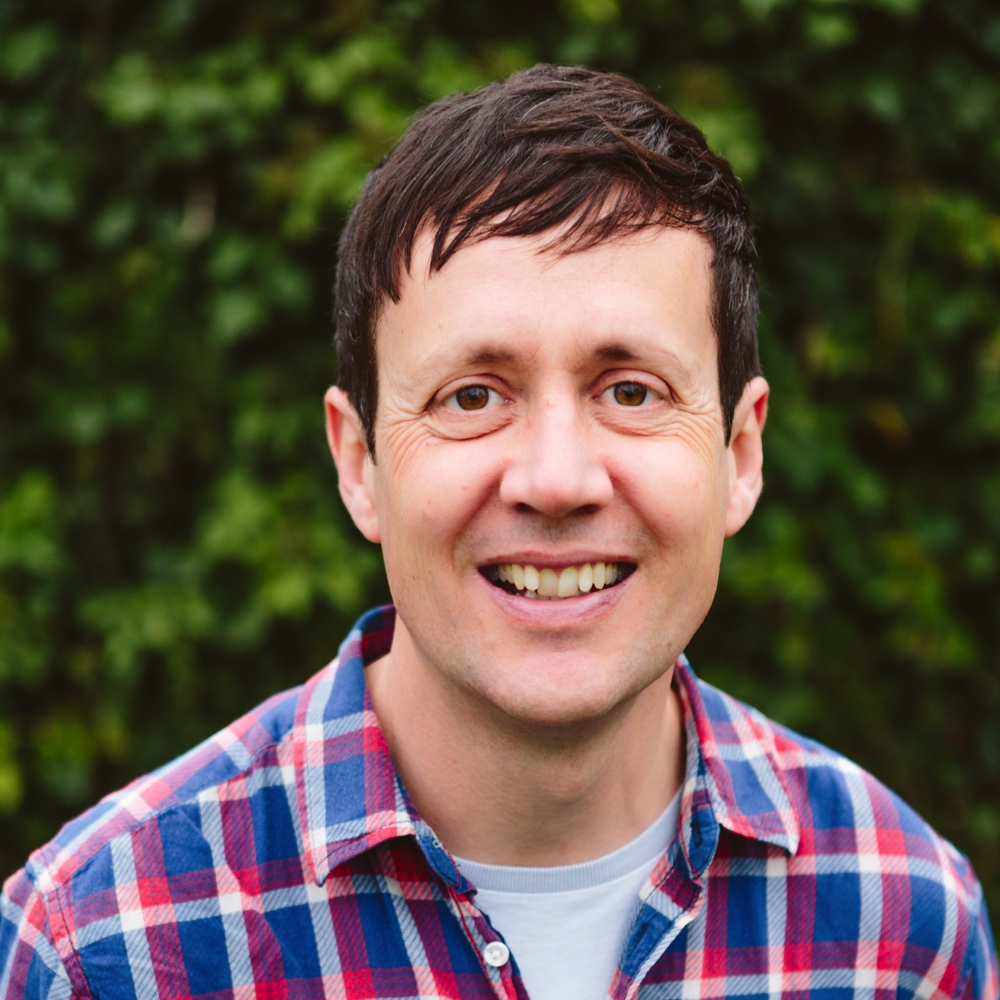When a large orange underwing flapped into the dining room of Walnut Tree Farm and refused to leave one evening, Roger Deakin responded with characteristic panache. He moved the entire supper – plates, table, chairs and guests – outside and turned off the lights to encourage the moth to fly free again.
Deakin cherished liberty, not merely for himself but for the everyday plants and animals around him, from tall oak tree to tiny ant. His joyful exploration of the freedoms found swimming through Britain, via loch, canal and drainage ditch, became Waterlog, his only book to be published in his lifetime.
This unconventional, frog’s-eye view of the world has become probably the most influential piece of British nature writing since its publication in 1999. Deakin’s daring aquatic roam – defying ‘danger’ notices, risky riptides and privatised rivers – has inspired thousands to jettison the pool-swimming he likened to a tiger pacing in a cage in favour of ‘wild swimming’.
Man of the moat
Waterlog begins with Deakin taking his habitual dip in the moat of his 16th-century Suffolk farmhouse. It wasn’t as grand as it sounds. Deakin bought what was a ruined shelter for pigs in 1969, escaping London where he’d worked as an advertising copywriter after studying English under Kingsley Amis at Cambridge. Deakin shared his rebuilt home, Walnut Tree Farm, with spiders and ivy, fringed by overgrown hedgerows, decrepit cars swallowed by brambles, a shepherd hut and a railway carriage, in which he would write and sleep.
Deakin was “only interested in everything,” writes his friend Robert Macfarlane. Another friend, writer Richard Mabey, hails Deakin’s willingness to try almost anything from producing plays to turning wood (physical work was an important inspiration for Deakin’s writing). Before Waterlog became a word-of-mouth bestseller, Deakin taught English at a local school, made TV and radio documentaries about his enthusiasms (from allotments to the Southend rockabilly scene), produced concerts and co-founded the charity Common Ground. Deakin believed a writer was duty-bound to act: he successfully championed commons and rights of way in his local patch.
Friends chuckled when, post-Waterlog, the Walnut Tree Farm moat became a magnet for film-makers and photographs of a half-naked Deakin appeared in glossy magazines. Handsome and extroverted, Deakin was popular, particularly with women, and his moat would be filled with splashing admirers on a summer’s day.
New fans continue to be drawn to the charming self-deprecation of his writing. Nature studies are usually a serious business, but Deakin is witty: sheep carrying bracken on their coats are likened to “camouflaged soldiers”; a hornet is “tubby, like a weekend footballer in a striped vest”.
Tree spirit
Deakin laboured over his next book for years, venturing to Poland, Australia and Kazakhstan to explore his grand passion: trees. He had just about finished Wildwood in 2006 when he received devastating news: aged 63, he had a brain tumour. When he died just a few months later, he was mourned with a wreath of oak leaves.
Many of his ideas now look ahead of their time: his championing of wild swimming; of ‘ordinary’ nature; his desire not to ‘manage’ but to allow the natural regeneration of woods, which chimes with the rewilding movement.
Deakin once declared he favoured being a ‘jotter’ over a writer. And if he were to be a tree, he’d be an English walnut, he wrote in his precise and poetic jottings. “I am well on the way to becoming a tree myself. I put down roots. I sigh when the wind blows. My sap rises in the spring, and I turn towards the sun. My skin even begins to look more like bark every day.”
Patrick Barkham is a natural history journalist and author. His books include The Butterfly Isles and Badgerlands.
Photo credit: Telegraph/Christopher Cox

